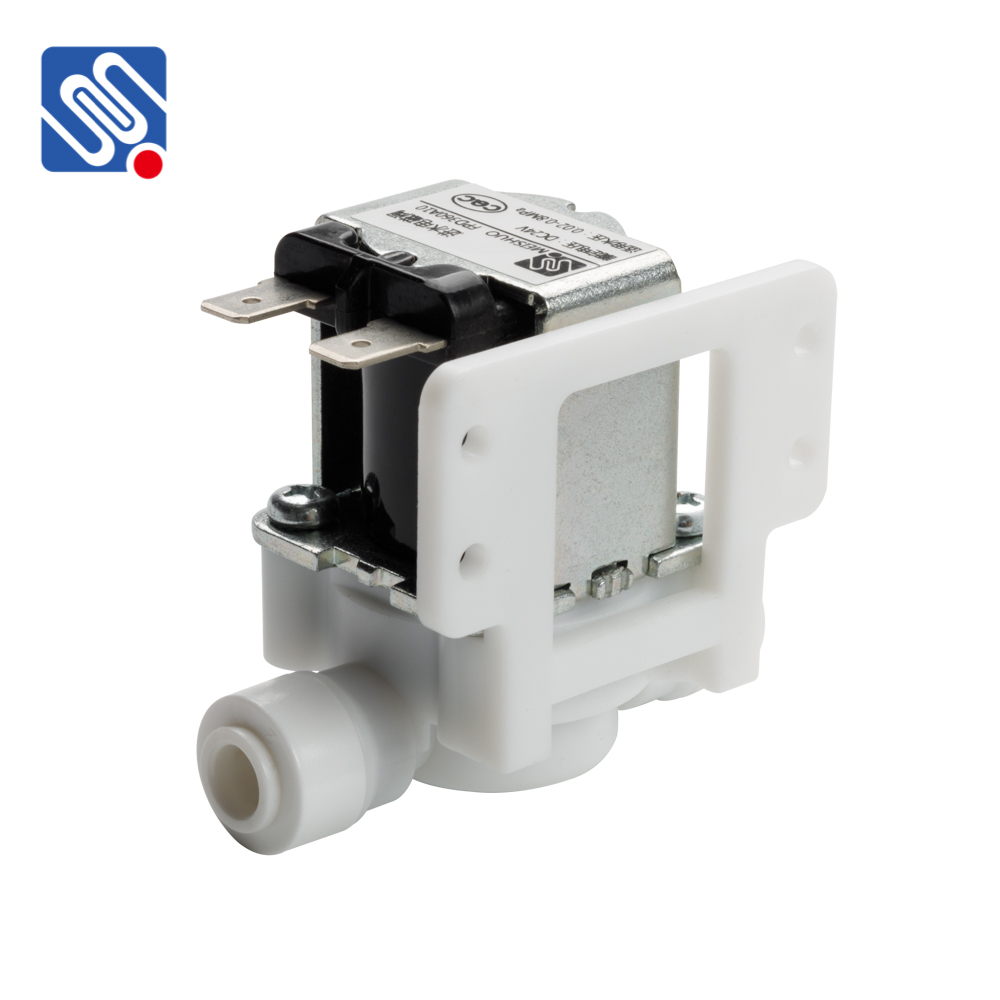stainless steel and plastic solenoid valve: key differences and applications
Release time:2025-11-13 01:59:31
Solenoid valves are essential components in various industries, controlling the flow of fluids such as water, air, steam, and oils. These valves function by using an electromagnetic coil to open or close the valve, allowing or stopping the flow of a given substance. Among the wide variety of solenoid valves, stainless steel and plastic solenoid valves are two common materials used for constructing these devices. Both materials have distinct advantages and are suited to different types of applications. This article will explore the differences between stainless steel and plastic solenoid valves, their respective advantages, and typical uses in various industries.

Stainless Steel Solenoid Valves: Durability and Strength Stainless steel solenoid valves are known for their robustness and durability. Made from alloys containing chromium, nickel, and sometimes molybdenum, stainless steel valves are highly resistant to corrosion and staining. This makes them ideal for applications in harsh environments, including the chemical, pharmaceutical, and food industries, where substances might be aggressive or corrosive. Advantages of Stainless Steel Solenoid Valves: Corrosion Resistance: One of the main advantages of stainless steel is its superior corrosion resistance. It can withstand exposure to aggressive chemicals, acids, and alkaline substances, which would otherwise degrade plastic valves.

